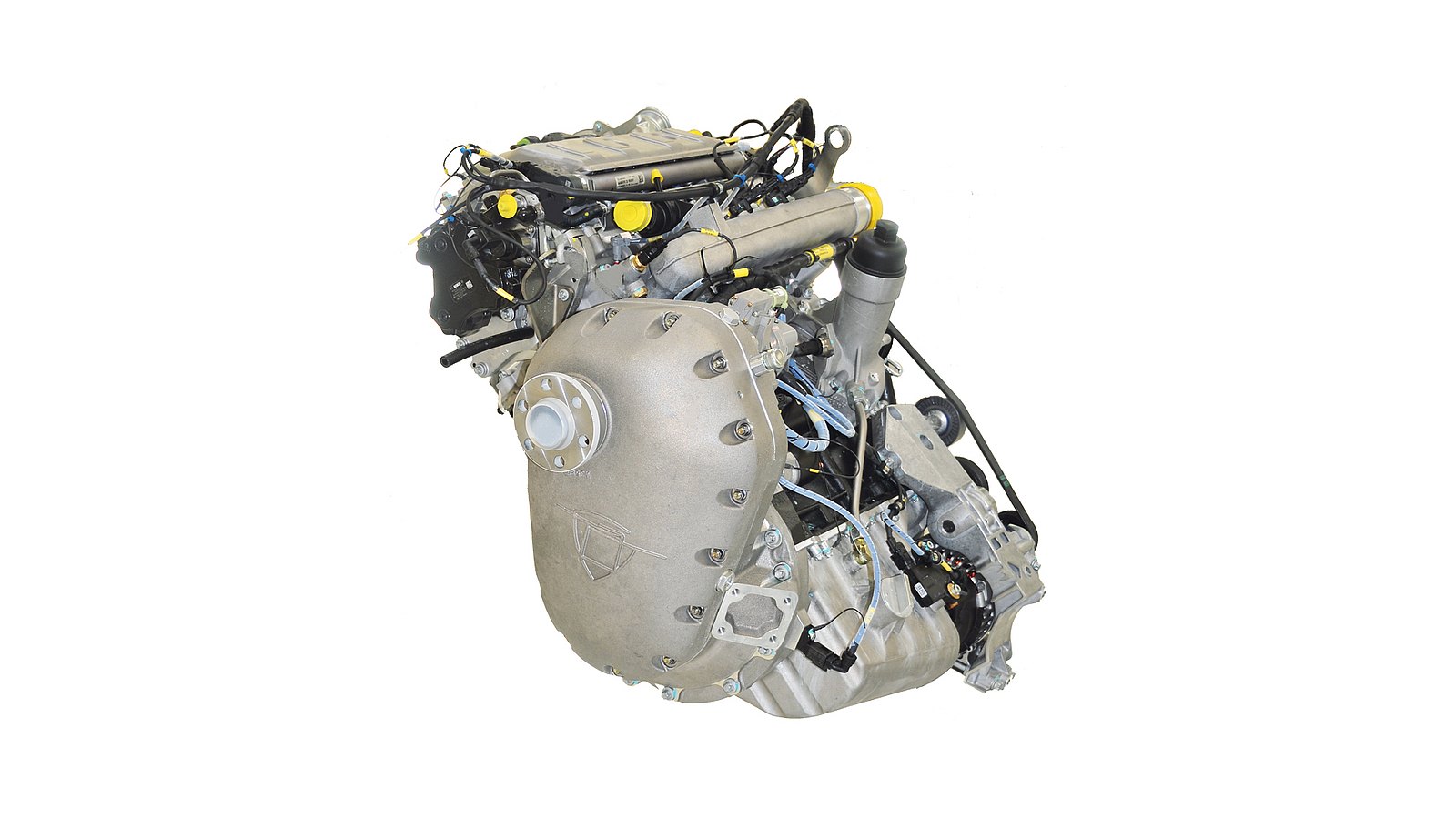Engines For Africa: Your Relied On Companion for Electric Motor Needs
A Total Guide to Picking the Right Engine for Your Job
Choosing the ideal engine for your project is a crucial choice that can significantly influence its overall success. It is vital to diligently define your job needs, review performance needs, and think about user-friendliness together with various other important variables. Additionally, comprehending the community support offered and looking at price implications can even more fine-tune your option. Each of these components plays a critical function in making sure that your picked engine not just fulfills prompt goals however additionally straightens with long-term goals. As we check out these considerations, you may locate that the nuances of each aspect reveal greater than originally anticipated.
Specify Your Task Demands
Defining your task needs is an essential action in picking the ideal engine for successful implementation. A thorough understanding of your task's goals will lead you in determining the capabilities and features called for from an engine. Begin by describing the extent of your job, including the preferred functionality, target market, and the certain outcomes you aim to attain.
Following, consider the technical needs that align with your task objectives. This consists of evaluating the compatibility of the engine with existing systems, as well as the programs languages and structures that will be made use of. Furthermore, analyze the level of scalability needed to accommodate future development or adjustments in demand.
Spending plan constraints additionally play a vital function in specifying your project needs. Develop a clear economic framework to assist your decision-making procedure, guaranteeing that the engine picked fits within your budget while supplying the essential functionality.
Evaluate Performance Needs

Next, think about the scalability of the engine. Evaluate whether it can manage boosted work as your job grows. Engines that sustain horizontal scaling are commonly more suitable for larger applications. Furthermore, examine the engine's performance under different problems, such as peak use circumstances, to ensure it satisfies your integrity criteria.
Consider Simplicity of Use
While technological requirements are essential, the convenience of usage of an engine can considerably affect the advancement process and total job success. An user-friendly interface, clear documentation, and structured process can drastically reduce the understanding contour for developers, allowing them to focus on creative thinking and analytical instead of grappling with complex devices.
When assessing an engine's simplicity of use, take into consideration the onboarding experience. A well-structured introduction, full with tutorials and sample jobs, can help with a smoother change for new users. In addition, the clarity and comprehensiveness of the engine's documents play an essential function; comprehensive overviews and API references can encourage programmers to repair and execute attributes effectively.
An additional aspect to take into consideration is the engine's personalization capabilities. An engine that enables for very easy modifications can be extra easy to use, as programmers can tailor it to fit their certain needs without considerable trouble. Last but not least, assess the workflow combination with platforms and devices you right here already utilize. A cohesive community can enhance performance and decrease friction throughout the growth procedure. Inevitably, selecting an engine that focuses on convenience of usage can lead to a much more productive and pleasurable growth experience.
Assess Neighborhood and Assistance
The stamina of an engine's community and assistance network can significantly affect a developer's experience and success. When analyzing an engine, think about the dimension and task level of its area.
Additionally, evaluate the schedule of official assistance channels. Trusted paperwork, responsive consumer support, and routine updates are important for addressing technical problems and maintaining your task on course. Engines For Africa. Active areas additionally foster partnership, providing possibilities for networking and comments, which can be important, specifically for little groups or independent developers
In addition, examine the existence of community-run occasions, such as meetups or hackathons. These celebrations can enrich your understanding of the engine while connecting you with prospective partners and seasoned users. In summary, a durable neighborhood and support group not only enhance growth but also develop a setting conducive to learning and development, inevitably enhancing the probability of your job's success.
Contrast Cost and Licensing Options
Budget considerations play a critical role in selecting the best engine for your project, as the cost and licensing alternatives can significantly impact both short-term expenditures and long-lasting feasibility. Engines For Africa. Various engines use varying pricing frameworks, which can consist of single acquisition charges, registration versions, or revenue-sharing arrangements based upon your job's incomes

Licensing options also vary significantly. Some engines are open-source, offering adaptability and community-driven assistance, while others might call for proprietary licenses that limit usage and distribution. Recognizing the ramifications of each licensing design is crucial, as it influences possession legal rights, future scalability, and possible legal commitments.
Verdict
In conclusion, selecting the ideal engine for a job necessitates a detailed evaluation of specified job needs, performance requirements, simplicity of use, area assistance, and price factors to consider. By systematically attending to these critical variables, decision-makers can make sure alignment with both future and current job demands. A knowledgeable choice inevitably boosts the probability of task success, allowing effective resource appropriation and making the most of possible end results within the specified financial restrictions.
Picking the suitable engine for your task is an important decision that can substantially influence its total success.Defining your job requires is an More Bonuses essential step in picking the appropriate engine for successful execution. A thorough understanding of your project's goals will certainly guide you in recognizing the functions and capacities called for from an engine.When you have a clear understanding of your project requires, the next action is to evaluate the performance requirements of the engine.In conclusion, picking the ideal engine for a project necessitates a complete evaluation of defined job requirements, efficiency requirements, simplicity of usage, area assistance, and price considerations.